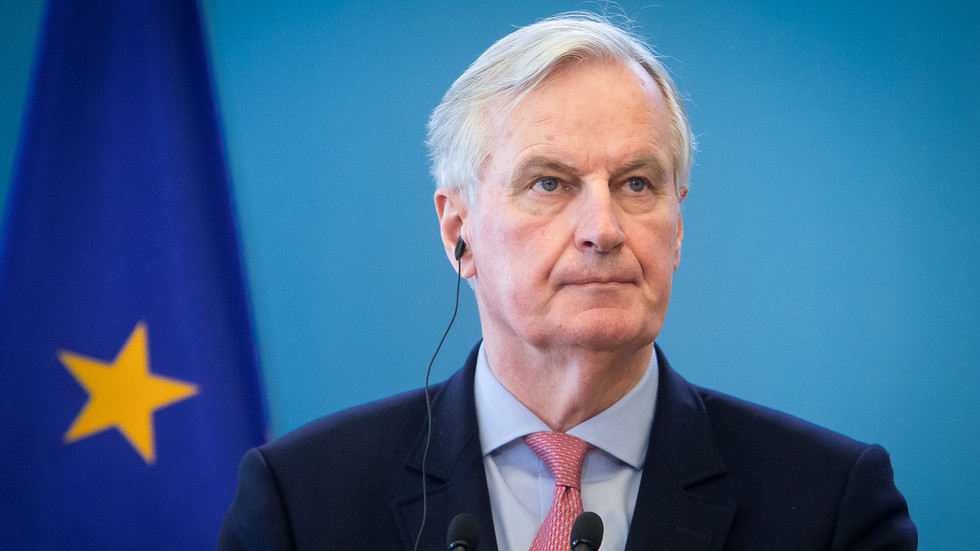French Prime Minister Michel Barnier is facing the possibility of a no-confidence vote as his minority cabinet navigates a challenging budget proposal. Appointed by President Emmanuel Macron in September, Barnier has sown discord among the political factions in the National Assembly by aiming to sideline the left-leaning New Popular Front (NPF) while also courting the right-wing National Rally (RN). This precarious balancing act has become more difficult as Barnier’s budgetary approach has ignited open conflict, revealing deep divisions among the political parties. With the state of France’s economy in question—characterized by high levels of debt and a fragile parliamentary landscape—the stakes have risen as the government struggles to secure necessary votes for the upcoming social security budget.
The urgency of the situation stems from the French government’s critical need to achieve a budget consensus before facing further political instability. Reports indicate that the country’s deficit is projected to reach 6.1% of GDP for the following year, necessitating a carefully crafted budget that balances spending cuts and tax increases. Barnier’s initial proposal included austerity measures involving a €40 billion spending cut and €20 billion in new taxes, but achieving support for such measures has proven incredibly difficult. The RN is adamant that they will not back Barnier’s proposals unless their demands for state funding cuts and adjustments to taxes and pensions are met.
The RN has firmly established its “red lines” in negotiating support for the budget, insisting on the elimination of a proposed tax hike on electricity and calling for a delay in the adjustments to pension related to inflation. They are also pushing for a significant reduction in state-funded healthcare for illegal immigrants and want to renegotiate France’s financial contributions to the European Union. This hard stance illustrates the RN’s strategy of leveraging their influence in this minority government, showcasing their power and position in the current political landscape.
Marine Le Pen, a leading figure within the RN, has expressed frustration over Barnier’s approach to these negotiations. She argues that the Prime Minister is seeking votes without properly acknowledging the RN as a partner in governance. Her remarks highlight a perception that Barnier’s concessions are not sufficient to meet the party’s requirements, leading her to issue an ultimatum. The RN’s demands reflect a broader sentiment within right-wing politics in France, emphasizing the complex dynamics between the ruling minority and opposition forces. Barnier’s inability to effectively negotiate or compromise with the RN could ultimately lead to a governmental crisis.
In contrast, Budget Minister Laurent Saint-Martin has downplayed the significance of concessions to the opposition, emphasizing the importance of fiscal responsibility and stating that compromising too heavily risks undermining the state’s financial stability. This position underscores a fundamental tension within the government, in which the desire for cooperation clashes with the need to maintain a cohesive fiscal policy that satisfies the public and economic mandates. Saint-Martin’s assertions reflect a commitment toward ensuring that the fiscal integrity of the state is not compromised.
As Barnier seeks to secure RN support to avoid immediate political fallout, he must also prepare for the inevitable budgetary discussions that loom on the horizon. The unfavorable dynamics of needing to strike a deal with a partisan opposition in an increasingly divided parliament will continue to pose challenges for the government. If he is to successfully navigate this political minefield and stave off calls for a no-confidence vote, Barnier will need to reassess his strategies and work to build a broader coalition. Failing to do so could not only jeopardize his leadership but also the broader stability of the French government in an increasingly tumultuous economic and political environment.

